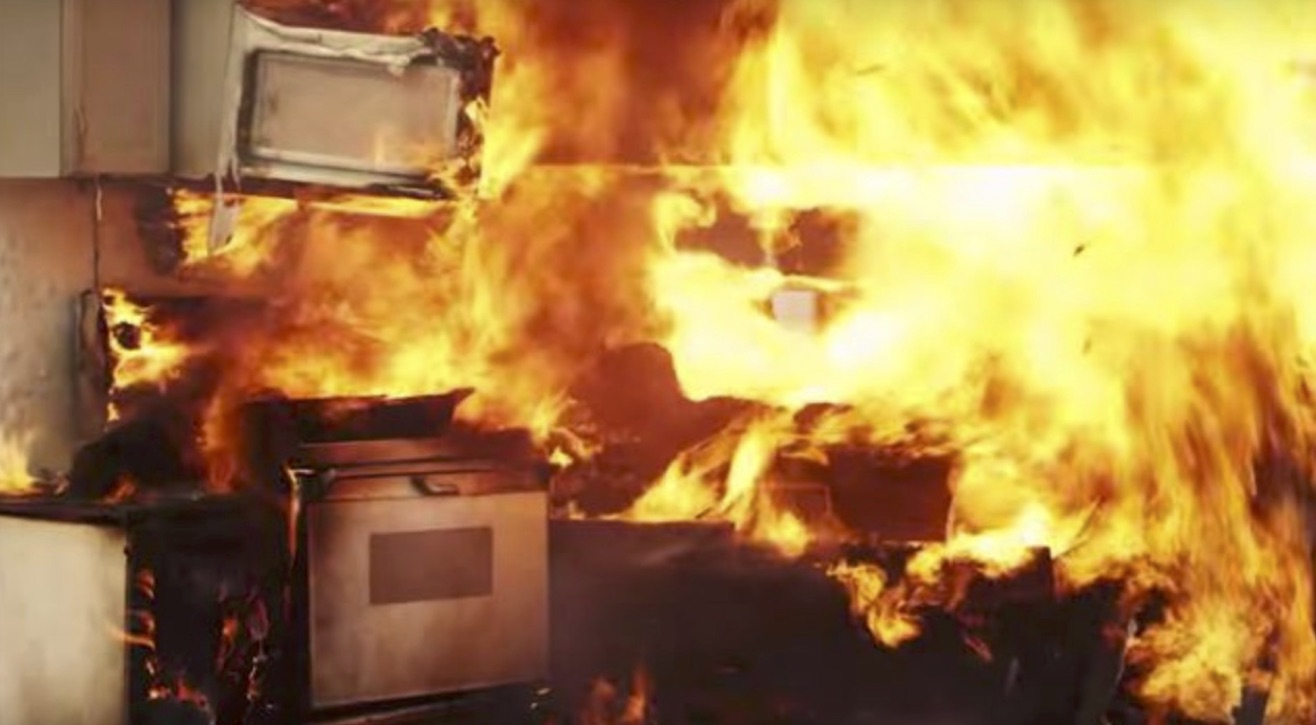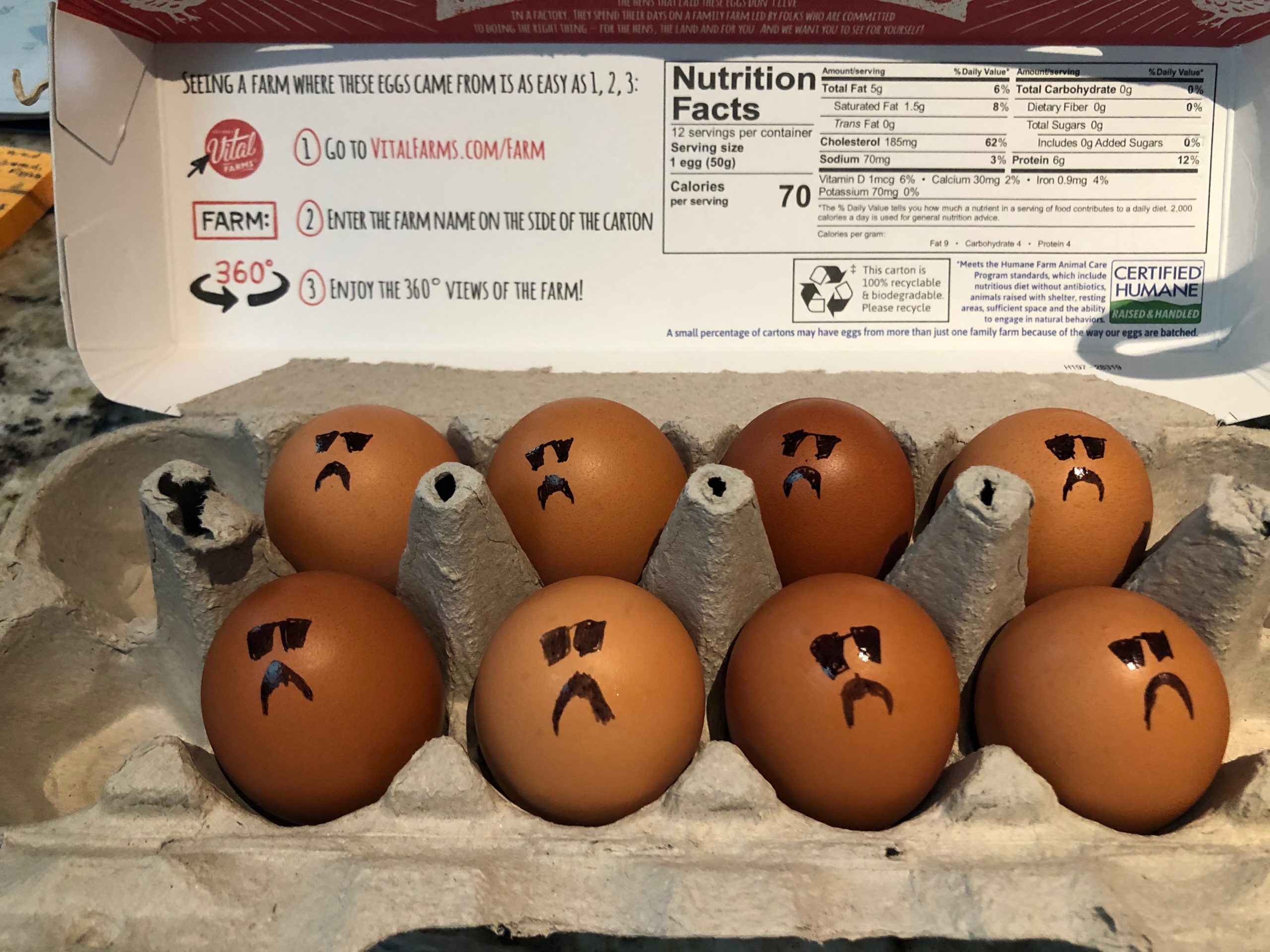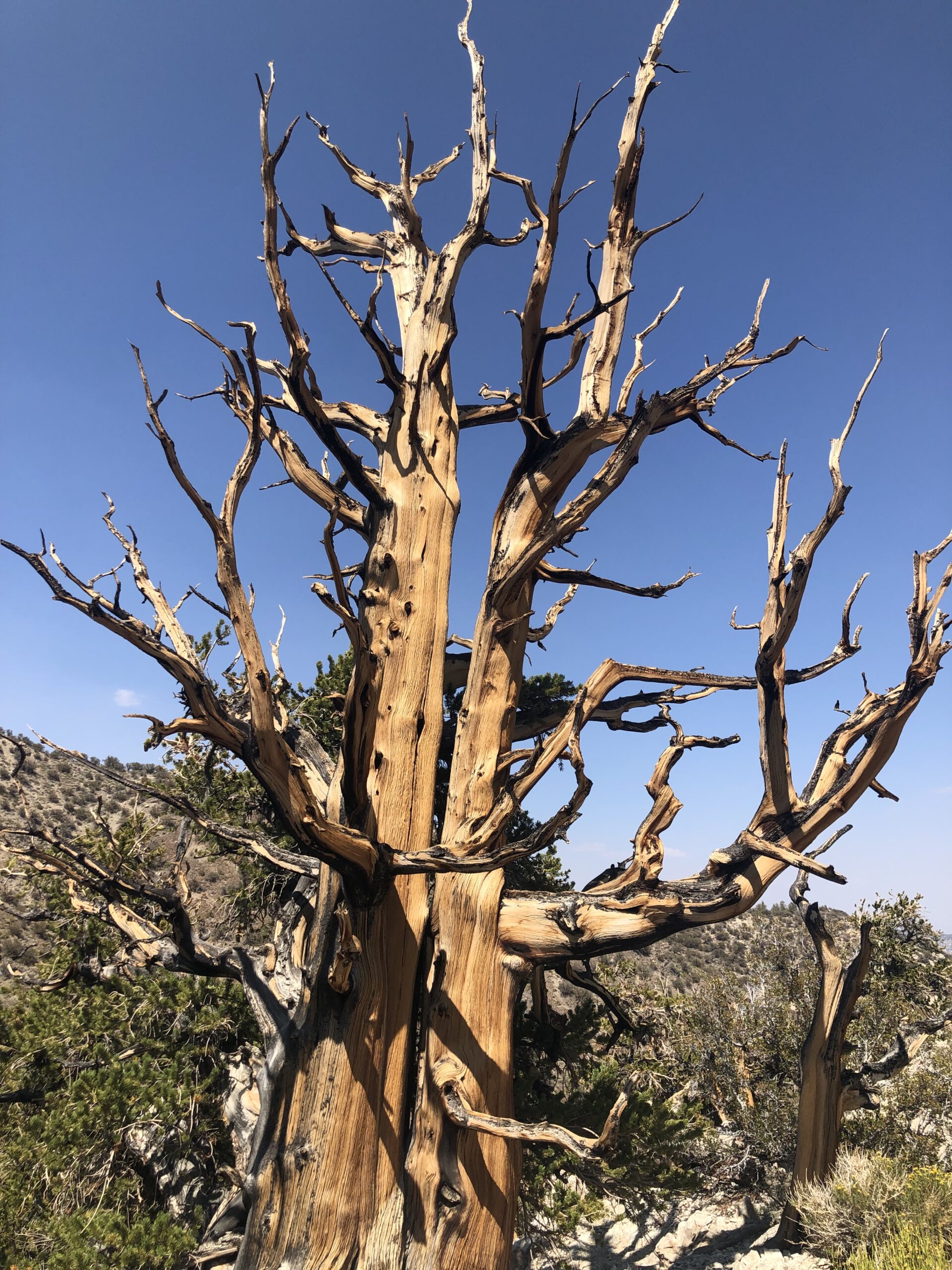Month: August 2022
-

it’s too hot and this kitchen sucks
You’ve probably heard the old saying: “If you can’t stand the heat, get out of the kitchen.” That idea was popularized by Harry S. Truman, who may have gotten it from a general or a judge. It’s the kind of thing you’d expect a president, general, or judge to say. It’s a challenge. A dare…
-

mistaks were maid
Last Tuesday, like most Tuesdays, I wrote my “Taste of Tuesday” email newsletter. I mentioned the attack on Salman Rushdie, whose book The Satanic Verses was published during my senior year of high school. Reading Rushdie’s work over the years made an impression on me. The attack made an even bigger impression. I don’t like…
-

civil liberty
Recently a teenager told me that he wanted to skip college and work as a journeyman electrician. His reason: “I just want to live my life and not have to answer to anyone.” I get it. But at some point he’ll realize, as Bob Dylan put it, that “You gotta serve somebody.” Or maybe he’ll…
-

learning about longevity
Open-Source Learning leverages the idea that we learn best from an expansive network of resources beyond the classroom. It’s a straightforward principle: If you want to fly, find a pilot and a plane. Open-Source Learning also helps us meet a variety of needs through learning. In order to make the most of this life, we…